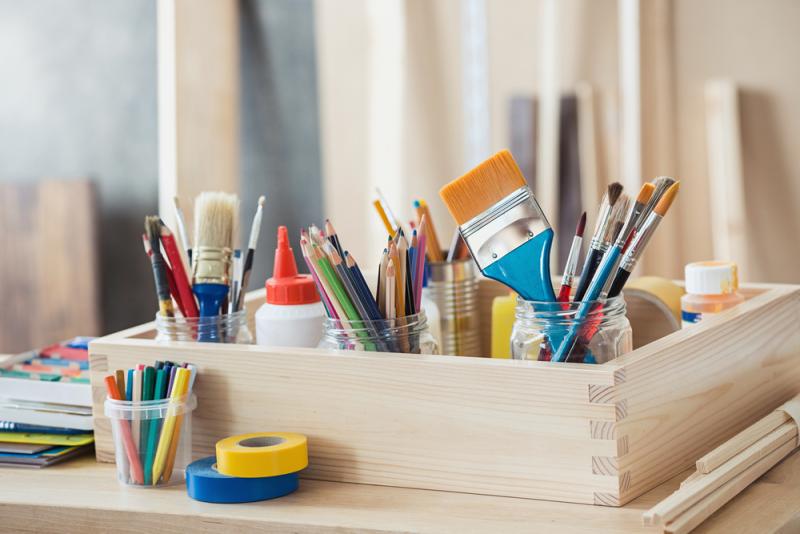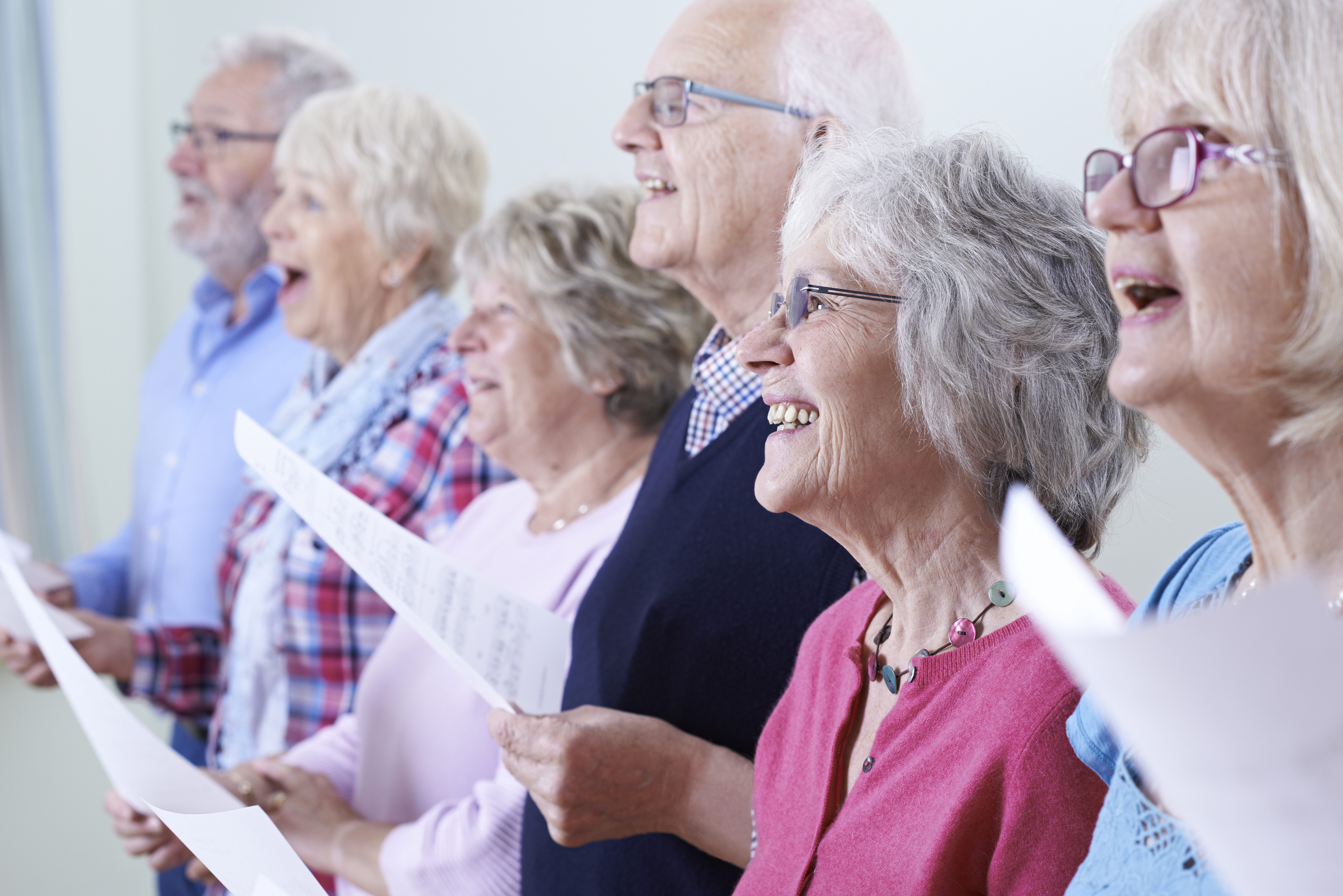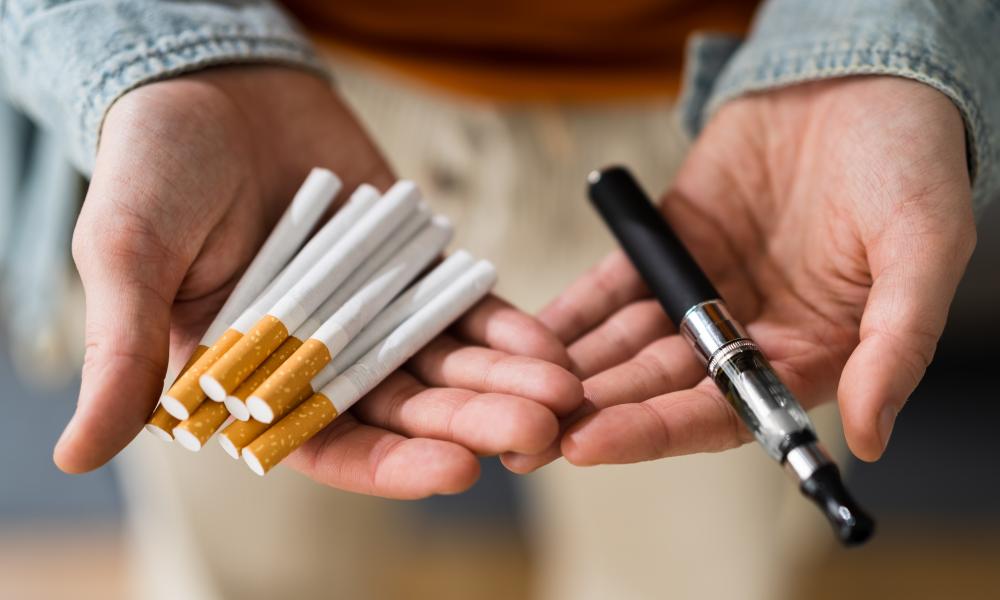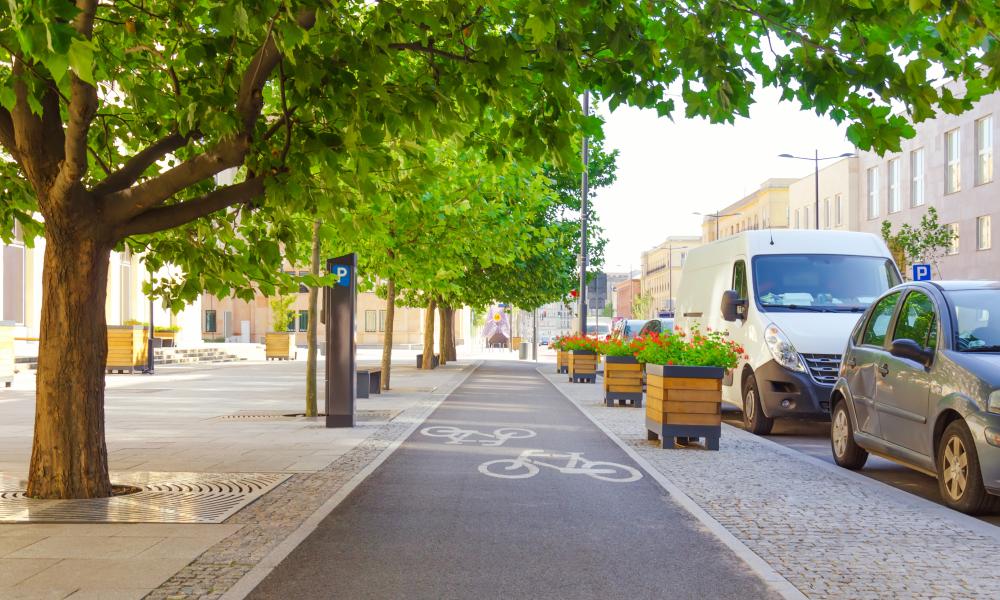
In this blog, Laura McQuade from the Institute of Public Health, explores the role of the arts to support population health.
Over the last number of years there has been a growing cognisance of the positive health benefits that arts and creativity programmes can have on society.1 A recent scoping report commissioned by the World Health Organisation in November 2019 considered the role of the arts in improving health and wellbeing outcomes for all ages and highlighted that the arts can affect social determinants of health through developing social cohesion and reducing social inequalities. The arts play an important role for child development, the promotion of health behaviours, and the prevention of ill health.2
Taking part in the arts is a pastime enjoyed by many. The arts can create opportunities for self-expression, creativity, inspiration, exploration of ideas and can provide a sense of accomplishment. It also can promote positive feelings and emotions and be a form of escapism for some.
Arts can be expressed using many different mediums such as performing arts like dance, music, singing, drama and theatre, or visual arts like painting, drawing, photography, sculpture and crafts. It can also be experienced through literature, writing, reading and poetry as well as through culture such as museum, art exhibitions and galleries. In addition, there are also many online and digital arts emerging over the last number of years such as animations and filmmaking etc.
Our ageing population is growing, and we are living longer than ever before. Whilst the population are benefitting from living longer lives, many can encounter a number of significant public health and wellbeing challenges across the life course. Events such as retirement or bereavement can affect older people in terms of their physical, social and emotional wellbeing.
Older people can become increasingly susceptible to loneliness, social isolation and exclusion.3 Furthermore, as people age, they can become more vulnerable to disease, long term ill health conditions, injury and mental health disorders.4 All of these concerns can negatively affect their health and wellbeing, however by reducing the associated risk factors, these burdens can be reduced or prevented.
During Covid-19, extraordinary and unprecedented Public Health Social Measures were taken to reduce the spread of infection and protect our most vulnerable in society. This has greatly limited our social interactions and shared experiences, and have deprived many from the usual opportunities to take part in creative and cultural activities.

Participation in the arts can help improve the lives of all of us, particularly older people. Achieving a healthy lifestyle is enjoyed by many in later life and being involved in arts and creative activities can be a way of alleviating or prevention the deterioration of health. It can encourage health promoting behaviours, healthy living and can enable older people to express what is important to them.
Some research suggests that participation in the arts may have positive physical benefits by contributing to increased physical activity levels, decreased sitting time and a reduction in the risk of frailty.5,6 Likewise, participation in the arts may have positive psychological benefits such as enhance brain function, cognitive reserve, life satisfaction, quality of life and self-esteem.7,8
Further research highlights that the arts may also help reduce psychological distress and mental illness.9 Furthermore, that arts programmes can help forge community cohesion and social connections.2 It can also help improve understanding and knowledge, encompassing the experiences of older people through intergenerational arts programmes.10
Although there is evidence that art-based interventions are effective in reducing adverse physiological and psychological outcomes, the extent to which these interventions can enhance health and wellbeing is still limited and more evidence on what works and why it works is required.
The Institute of Public Health is undertaking research to understand the current evidence base that exists in relation to the role of participation in the arts; and examine the impact of arts and creativity on older people’s health and well-being.
References
1. Mental Health Foundation. An Evidence Review of the Impact of Participatory Arts on Older People. 2012.
2. Fancourt D, Finn S. What is the evidence on the role of the arts in improving health and well-being? A scoping review. Copenhagen: WHO Regional Office for Europe; 2019 (Health Evidence Network (HEN) synthesis report 67).
3. Shankar A, McMunn A, Banks J, Steptoe A. Loneliness, social isolation, and behavioral and biological health indicators in older adults. Health Psychol. 2011 Jul;30(4):377-85.
4. World Health Organisation. Global status report on noncommunicable diseases 2010. Description of the global burden of NCDs, their risk factors and determinants.
5. Britten L, Addington C, Astill S. Dancing in time: feasibility and acceptability of a contemporary dance programme to modify risk factors for falling in community dwelling older adults. BMC Geriatr. 2017;17(1):83.
6. Cruz-Ferreira A, Marmeleira J, Formigo A, Gomes D, Fernandes J. Creative dance improves physical fitness and life satisfaction in older women. Res Aging. 2015;37(8):837–55.
7. Johnson J, Louhivuori J, Stewart A, Tolvanen A, Ross L, Era P. Quality of life (QOL) of older adult community choral singers in Finland. International Psychogeriatrics. 2013;25(7):1055-1064.
8. Castora-Binkley M, Noelker L, Prohaska T, Satariano W. Impact of Arts Participation on Health Outcomes for Older Adults. Journal of Aging, Humanities, and the Arts. 2010;4(4):352-367, DOI: 10.1080/19325614.2010.533396.
9. Fancourt D, Tymoszuk U. Cultural engagement and incident depression in older adults: evidence from the English Longitudinal Study of Ageing. Br J Psychiatry. 2018;214(4):225–9.
10. Anderson S, Fast J, Keating N, Eales J, Chivers S, Barnet D. Translating Knowledge: Promoting Health Through Intergenerational Community Arts Programming. Health Promotion Practice. 2017;18(1):15–25.


